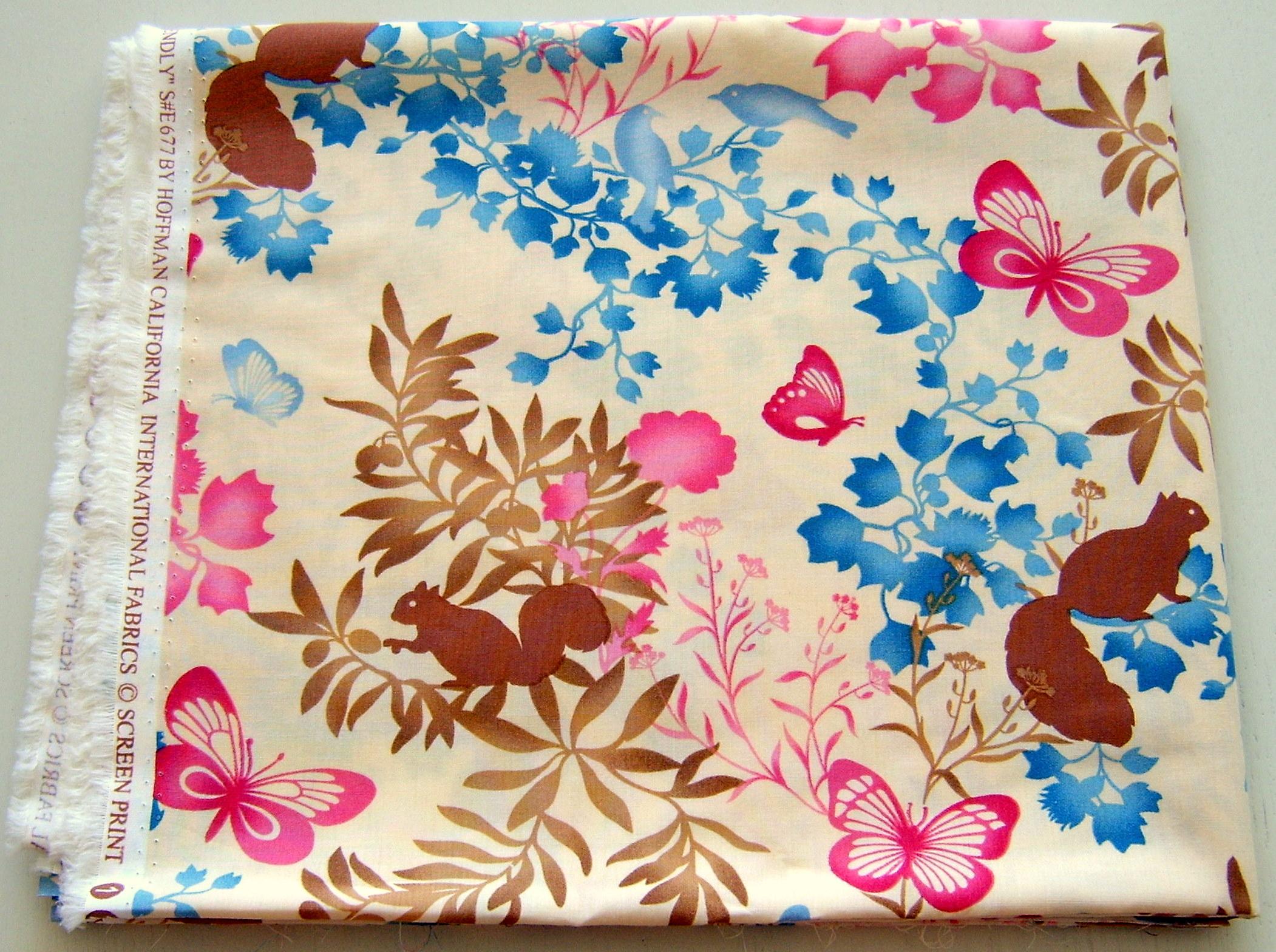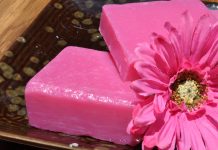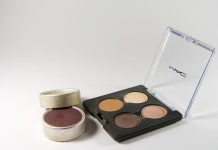In the ever-evolving tapestry of fashion, a new narrative is being woven—one that champions the planet and its people. As consumers become increasingly aware of the environmental and ethical implications of their wardrobe choices, sustainable fashion trends are stepping into the spotlight. This movement isn’t just about wearing clothes; it’s about wearing values. From innovative materials to transparent supply chains, the world of ethical clothing is redefining what it means to be stylish. Join us as we explore the trends that are not only reshaping the industry but also making a statement for a more conscious future.
Eco-Friendly Fabrics and Their Impact
The rise of eco-friendly fabrics is transforming the landscape of sustainable fashion, offering innovative solutions that prioritize both style and the planet. These materials are crafted with minimal environmental impact, often using renewable resources and processes that reduce waste. Organic cotton, for instance, is grown without harmful pesticides, while hemp is celebrated for its durability and low water usage. Tencel, derived from sustainably sourced wood pulp, boasts a closed-loop production process that recycles water and solvents.
- Bamboo: A fast-growing plant that requires no pesticides and minimal water.
- Recycled Polyester: Made from post-consumer plastic bottles, reducing landfill waste.
- Linen: Produced from flax plants, requiring fewer resources compared to conventional fabrics.
By embracing these fabrics, the fashion industry not only mitigates its carbon footprint but also sets a precedent for ethical production practices. As consumers become more aware of their choices, the demand for such sustainable alternatives continues to grow, encouraging brands to innovate and commit to a greener future.

Innovative Brands Leading the Ethical Revolution
In the realm of sustainable fashion, certain companies are setting new standards by embracing ethical practices that redefine the industry. These pioneering brands are not just creating eco-friendly clothing but are also reshaping the entire fashion landscape with their innovative approaches.
- Patagonia: Known for its commitment to environmental sustainability, Patagonia uses recycled materials and supports fair trade practices, ensuring every piece of clothing is crafted with care for both the planet and its people.
- Everlane: Transparency is at the heart of Everlane’s mission. By providing detailed information on production costs and factory conditions, they empower consumers to make informed choices that align with their values.
- Stella McCartney: A trailblazer in the luxury segment, Stella McCartney has made waves with her use of organic cotton, recycled fabrics, and cruelty-free alternatives, proving that high fashion can indeed be sustainable.
These brands are not just participating in the ethical revolution; they are leading it, demonstrating that fashion can be both stylish and sustainable. By prioritizing ethical sourcing, fair labor, and environmental stewardship, they offer a blueprint for others to follow, paving the way for a more conscious industry.
Practical Tips for Building a Sustainable Wardrobe
Creating a sustainable wardrobe involves thoughtful choices and mindful practices that contribute to a healthier planet. Here are some practical tips to guide you:
- Invest in Quality Over Quantity: Opt for well-made, timeless pieces that last longer, reducing the need for frequent replacements.
- Choose Natural and Recycled Fabrics: Look for materials like organic cotton, hemp, or recycled polyester that have a lower environmental impact.
- Support Ethical Brands: Research and support brands committed to fair labor practices and transparency in their supply chain.
- Embrace Second-Hand Shopping: Explore thrift stores or online platforms to find unique pieces, giving clothes a second life.
- Practice Minimalism: Curate a capsule wardrobe with versatile items that can be mixed and matched, reducing excess.
By incorporating these practices, you can enjoy a stylish wardrobe that aligns with your values and supports sustainable fashion.





































